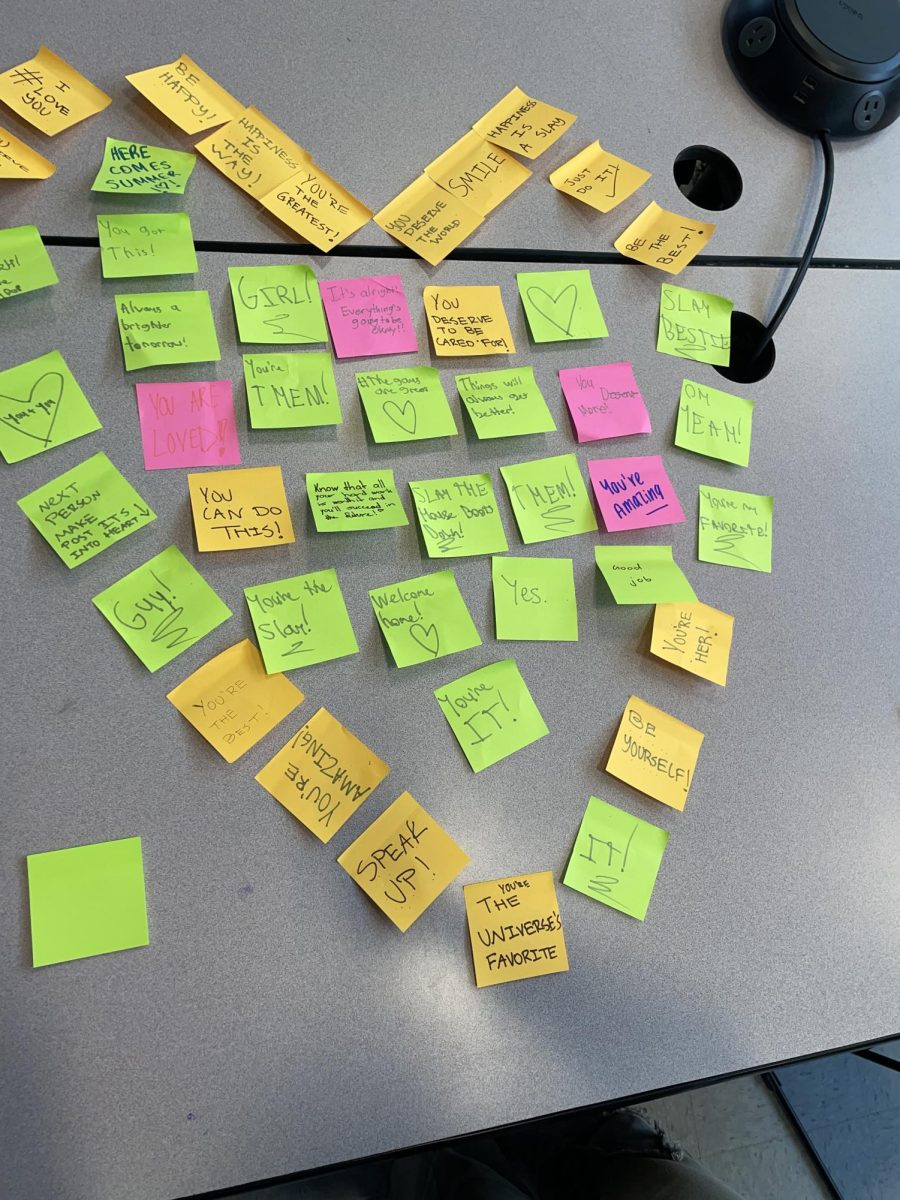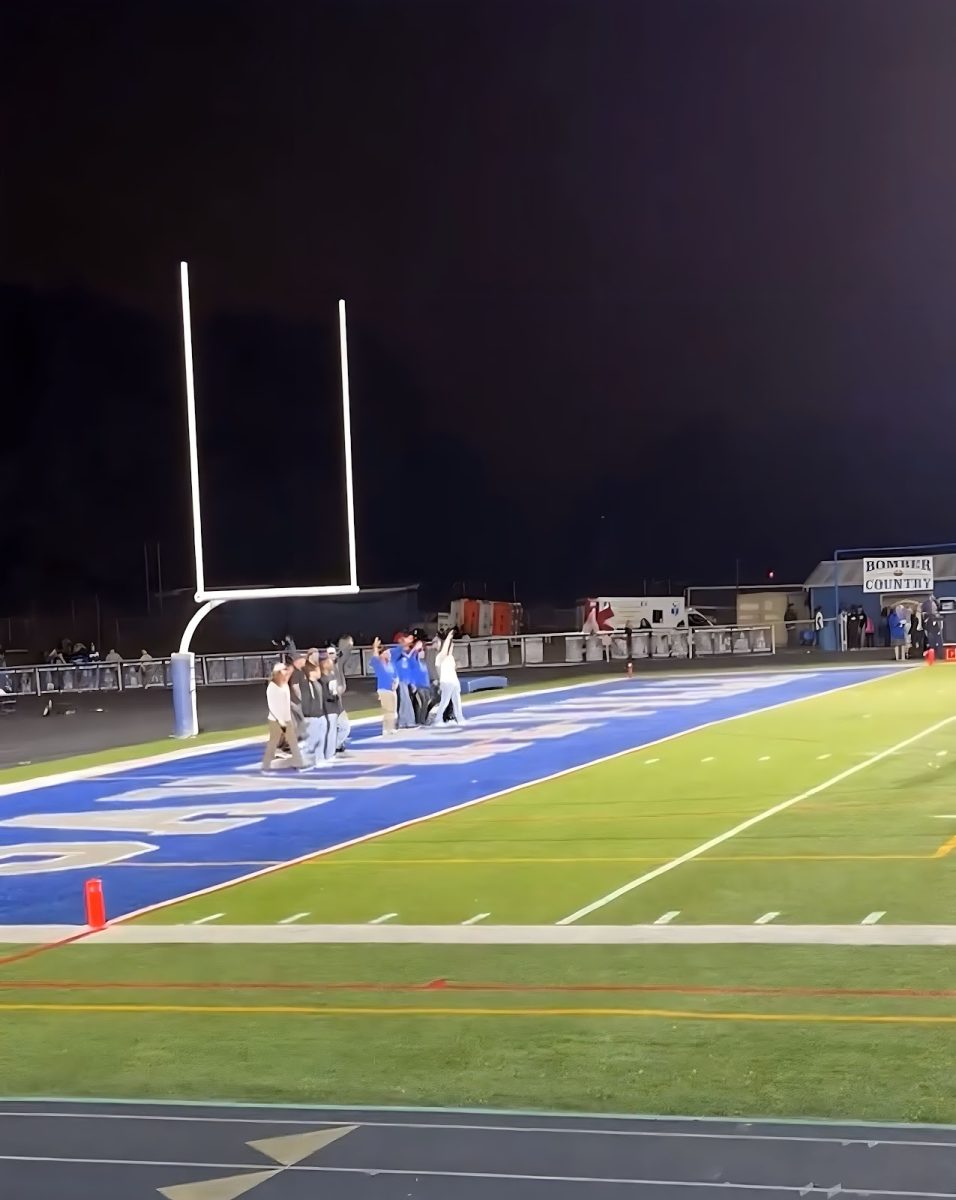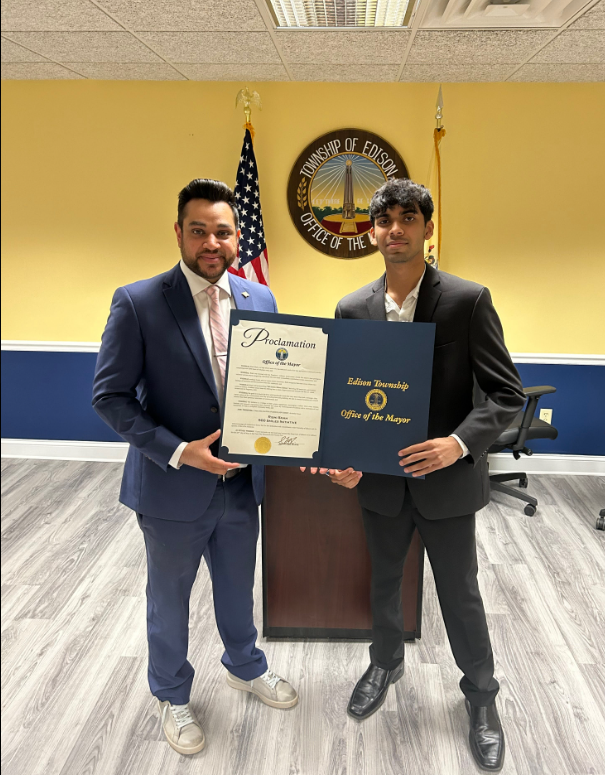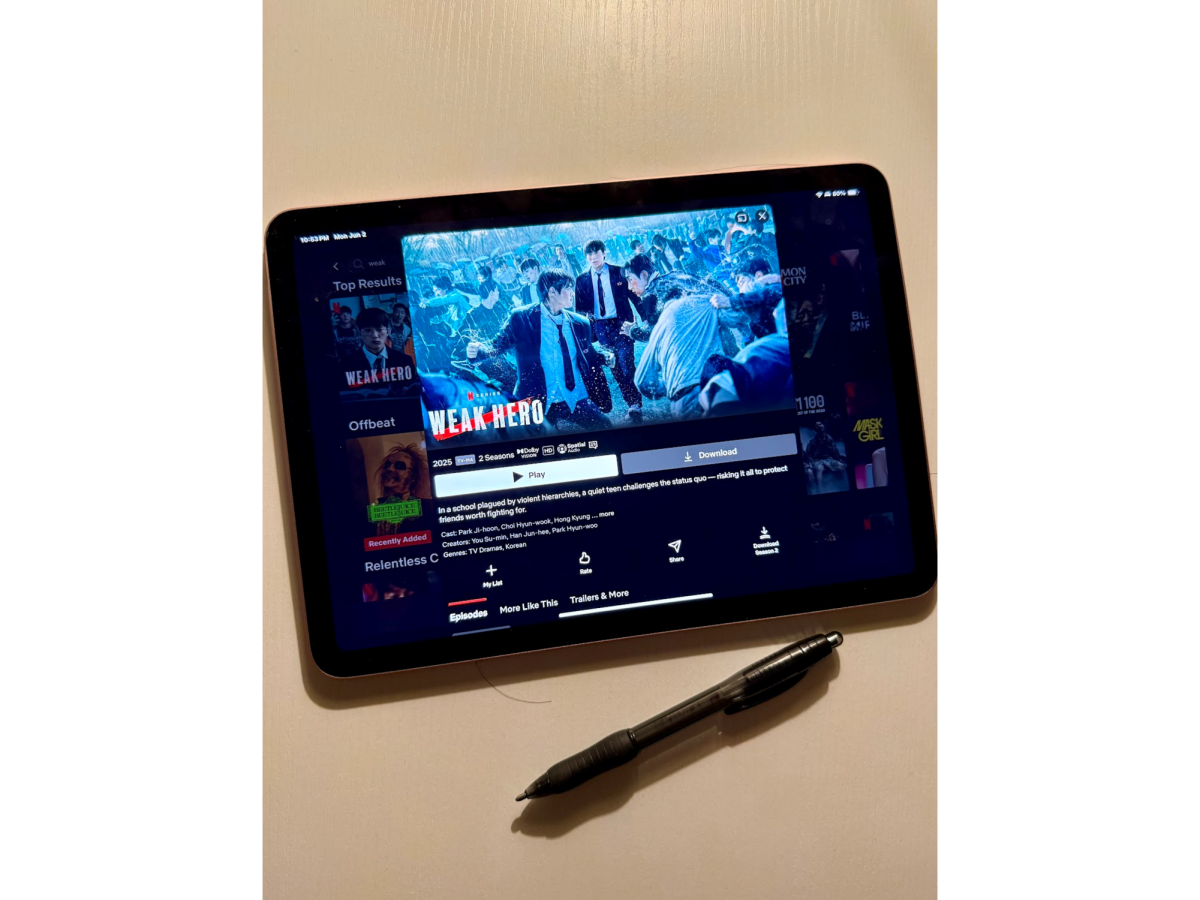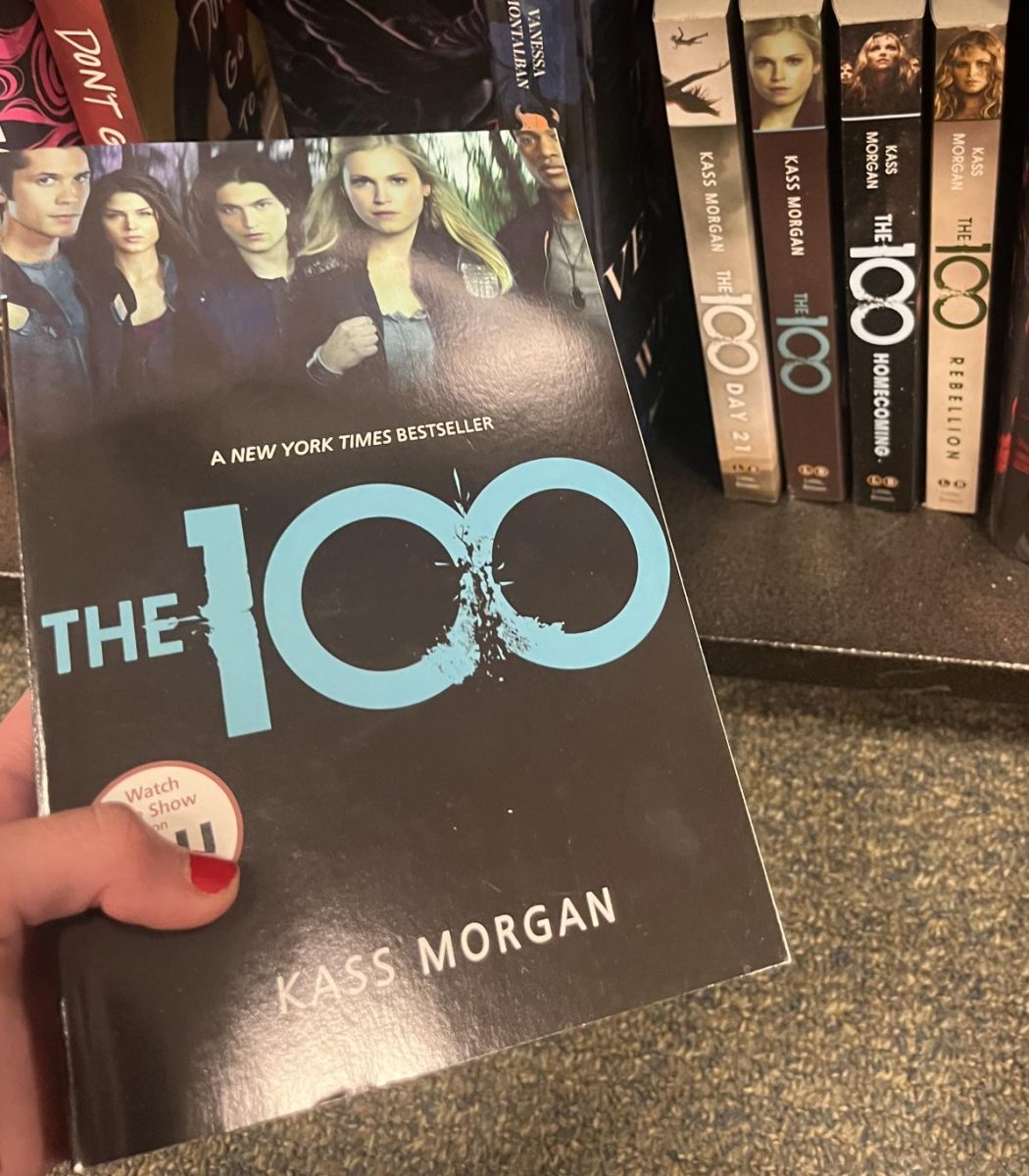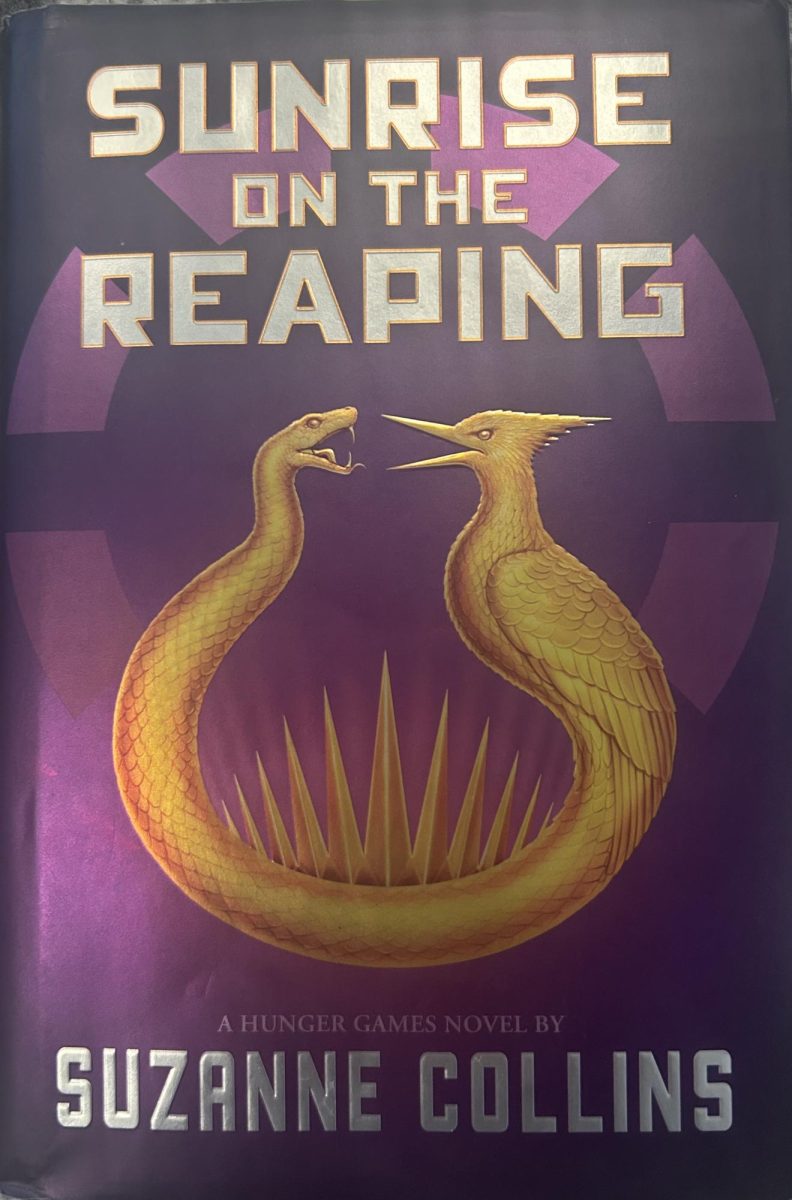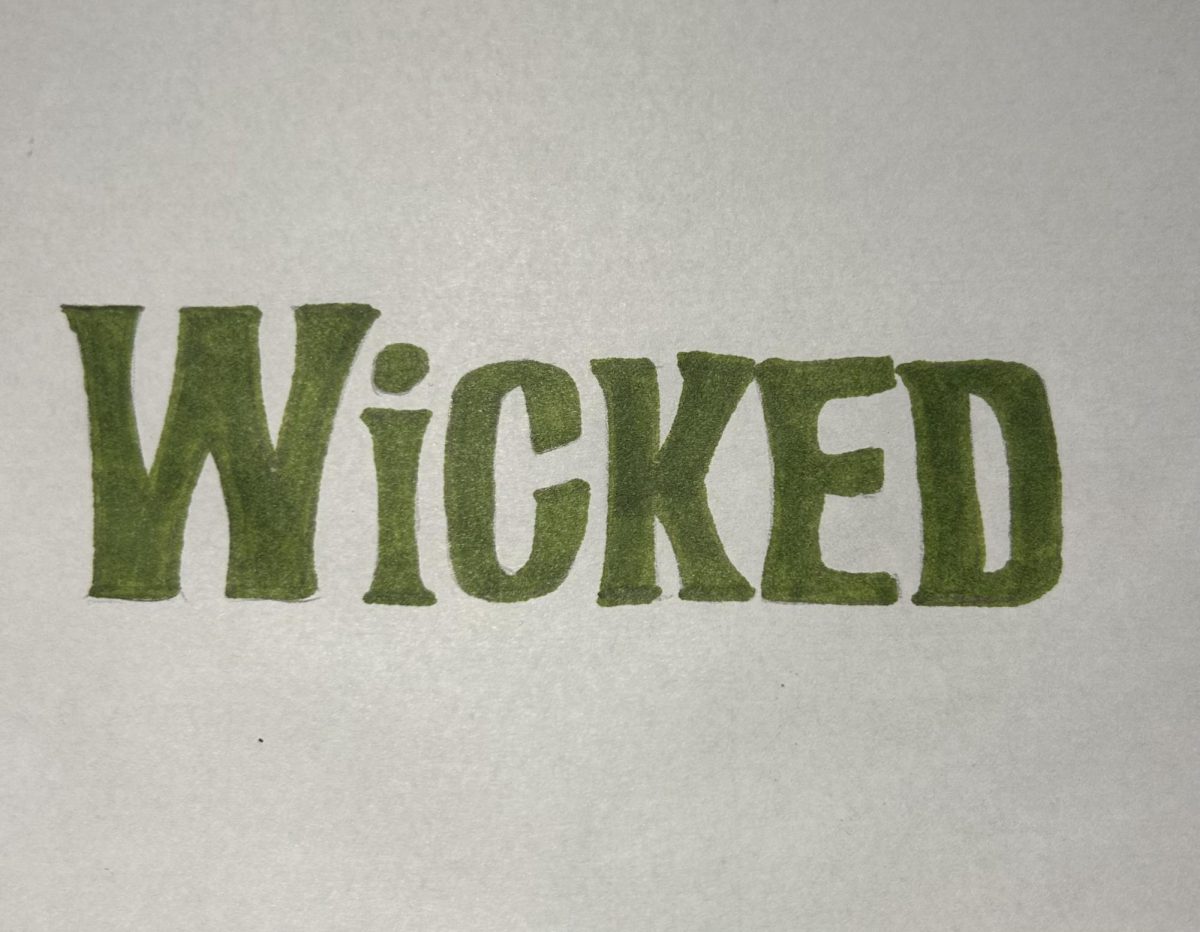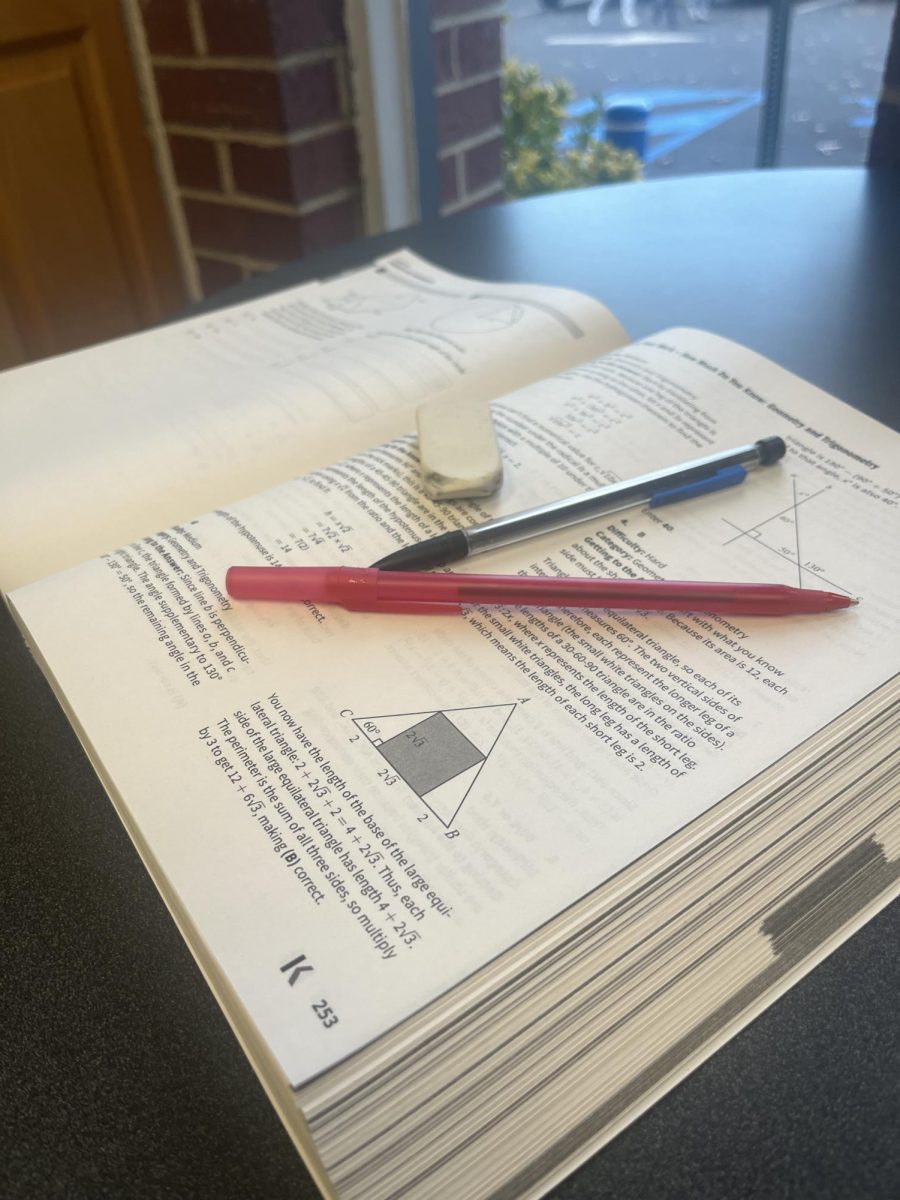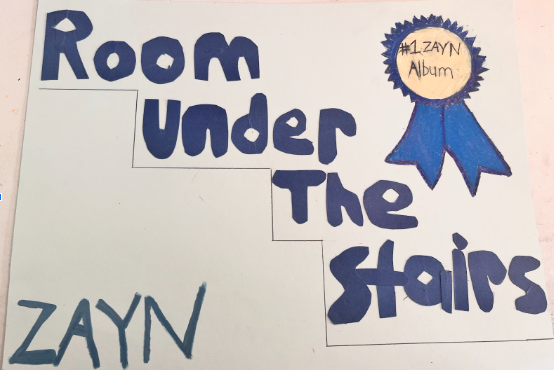The 100 was released March 19, 2014 on the CW. The show was a sci-fi dystopian that had 7 seasons.
It begins with 100 teenage criminals being sent down to Earth 97 years after a nuclear war made the planet uninhabitable. They had been living on a spaceship called The Ark, where all adult criminals were “floated” (executed) once they turned 18 due to limited oxygen.
Among the 100 kids is: Clarke Griffin, daughter of mother head doctor and father senior environmental engineer and deputy resource officer; Finn Collins, a wanna-be leader of the kids; Octavia Blake, the girl who lived under the floor because she was the second born and her brother, Bellamy Blake, who snuck to the ground because he got his sister there; and John Murphy the anti-hero. The first season consisted of a fight for power and freedom, until they discovered they were not the only ones; the grounders were also there.
As the seasons went on they no longer just fought the grounders but technology, which is what makes the 100 a redefined dystopian. Advanced technology and confinement is a common dystopian trait but The 100 takes it to the next level. In the second season the character A.L.L.I is introduced, an AI who helped start the nuclear war. The AI plot is carried throughout the show which is all the more prevalent for today’s world.
The show delves into the idea of AI taking over a person through the microchip, The Flame. The idea of being transported into a virtual reality world and the government controlling a person’s mind have been brought up in real life. In season 6 there are unknown drones in the sky looking for nuclear weapons, a similar theory to the recent drones in the New Jersey sky.
The plot shows true possibilities for technology going too far but it also has incredible characters. The characters have amazing character development that is more than just the unexpected hero. The show explores the grey area between good and bad as characters make decisions that hurt one side but help their own. It shows how friendship and survival go above all.
Unlike many dystopian stories, The 100 does not end with a government being overthrown. Instead, it acknowledges that, much like in real life, the world has more problems than just leadership. Although The 100 was created over a decade ago, its themes and warnings remain deeply relevant today.

